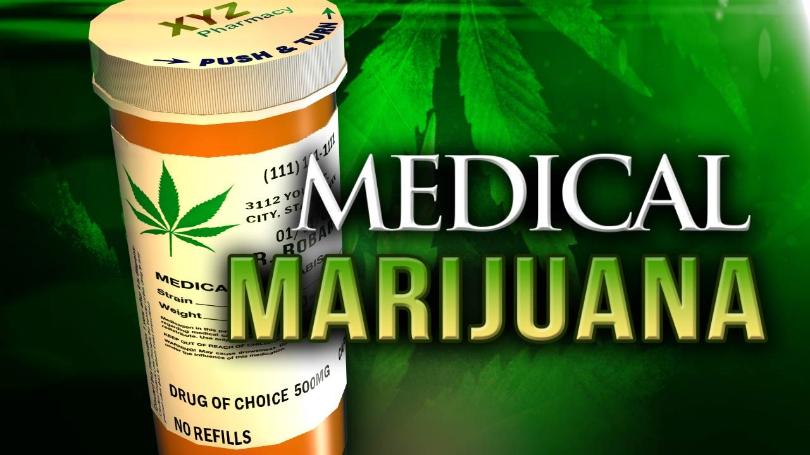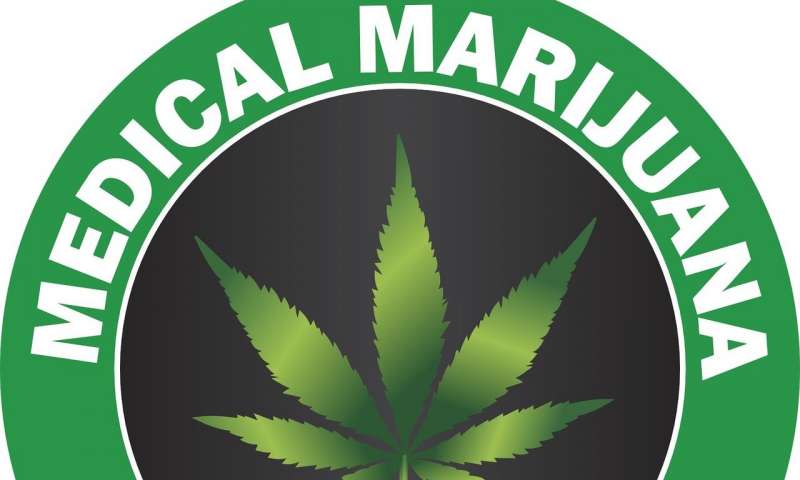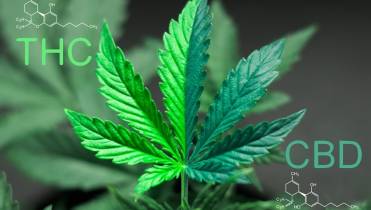John Murphy, MDLinx | August 29, 2018 Medical marijuana is now legal in 30 states and the District of Columbia. If it’s been legalized in your state, or it looks like it might be legalized soon, you probably want to know how to answer if a patient asks you about it. First, it’s not as easy or as straightforward as writing a prescription for, say, an antibiotic. Several steps are involved, and the regulations are different in each state. Physicians can’t ‘prescribe’ medical marijuana, but they can recommend it for certain patients.…
Read MoreCategory: medical marijuana
Medical marijuana facts
Medical marijuana is a plant-based medicine from the Cannabis sativa or Cannabis indica species with three major active compounds: THC, CBD, and CBN. Medical marijuana is used for pain, nausea, muscle spasms, anxiety, multiple sclerosis, low appetite, sleep problems, autism, epilepsy (seizure disorders), and other conditions. The health benefits of medical marijuana include relief from pain and muscle spasm, nausea associated with chemotherapy, and anorexia. Benefits are seen in immune function, neuroplasticity, emotional and mood regulation, vascular health and digestive function. Research is limited but studies of the endocannabinoid system suggest benefits may include neuroprotection (in MS, epilepsy, other movement disorders), and benefit in…
Read MoreMedical Marijuana
More states are passing laws that allow people to use medical marijuana. So what does it treat, and who can and should use it? Pain is the main reason people ask for a prescription, says Barth Wilsey, MD, a pain medicine specialist at the University of California Davis Medical Center. It could be from headaches, a disease like cancer, or a long-term condition, like glaucoma or nerve pain. If you live in a state where medical marijuana is legal and your doctor thinks it would help, you’ll get a “marijuana card.” You will be put on a list…
Read MoreWhat is medical marijuana?
The term medical marijuana refers to using the whole, unprocessed marijuana plant or its basic extracts to treat symptoms of illness and other conditions. The U.S. Food and Drug Administration (FDA) has not recognized or approved the marijuana plant as medicine. However, scientific study of the chemicals in marijuana, called cannabinoids, has led to two FDA-approved medications that contain cannabinoid chemicals in pill form. Continued research may lead to more medications. Because the marijuana plant contains chemicals that may help treat a range of illnesses and symptoms, many people argue that it should…
Read More



